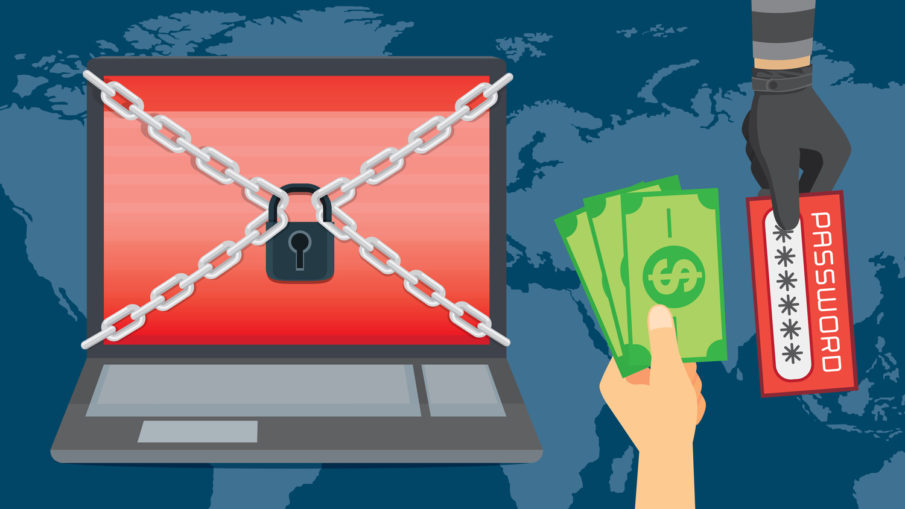1. Ransomware Is the Fastest Growing Malware Threat in the Last 12 Months!
The new versions of ransomware are discovered daily, making standard protection software such as Antiviruses – ineffective.
2. It Can Infect Every Operative System
Ransomware can affect any operative system, including Linux, Mac, Android, iOS and of course Windows. Your PC, laptop and mobile devices are all at risk!
3. Don’t Backup on Cloud Servers
Regular backup is one of the best ways to protect your data. Make sure to keep the data physically secure since the cloud servers are vulnerable and can also be infected with ransomware.
4. Emails are the Most Common Ransomware Carriers
Most ransomware infections are delivered through email attachments. Despite public awareness to phishing attempts and spam, this still is the most common way ransomware gets deployed.
5. Malvertising Comes in Second
Similar to phishing, malvertising misleads you to either click, download or proactively access ransomware infected files and apps.
6. Updated Software Reduces the Chances of Infection
Ransomware distributing hackers find new breaches in our installed applications daily. The software publishers on the other hand, keep plugging those holes to keep you safe. Update your software regularly to make sure you have the most up-to-date version of your software.
7. Official Authorities Can’t Help You with Ransomware Once Infected
If you are infected, and the ransomware is active, there is nothing officials can do to help you. If contacted, they will suggest you pay the ransom and be more careful next time.
8. No Official Authority Will Lock Down Your PC!
Using advanced engineering hackers mislead people with messages addressed to them directly, allegedly representing themselves as the FBI or similar authority, demanding payment for the law you broken online. Don’t fall for it!
9. You Can’t Believe a Thief
Even if you decide to pay the ransom, or whatever the thieves ask you to, there’s no guarantee you’ll receive the code to unlock your PC. You are paying this ransom blindfolded, hoping to the best, whereas you should expect the worst.
10. Ransomware Can Publicly Shame You
By collecting information from porn-related websites and apps that leave traces on your PC or phone, ransomware hackers push their victims to pay in exchange for keeping their actions away from the public. Make sure you are protected from information logging and tracking.
Detect and remove any known ransomware before it can take action and harm your PC

